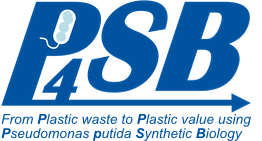WDR recently published a very interesting short article introducing two current research projects being run at RWTH, both of which receive funding from the EU, and our very own P4SB is among them. Many thanks to WDR for referencing our project!
Curious? Go read the full article in German!
German is not your preferred language? You can find some key points from the article summarized below in English!
Two research Projects focussing on environmental and health issues at RWTH have received EU-funding amounting to an Overall total of 11 Million euros. A main goal in all these projects is to protect and preserve human health and safety, as well as to contribute to protecting the environment and our planet!
One of them is specifically concerned with developing a robot capable of renovating buildings that are contaminated with asbestos. Such a robot could, for instance, remove the carcinogenic asbestos layers on the walls and ceilings of such a building, thereby protecting construction workers from working conditions that would otherwise be hazardous to their health.
The second project is aiming to decompose plastic waste with the help of bacteria and transform it into high-grade bioplastic. As this could positively impact the way plastic is produced and handled and ultimately contribute to reducing the world-wide plastic waste problem.
[Information taken from "11 Millionen Euro für RWTH-Projekte" on the WDR Webpage, public domain image taken from TaxRebate.org.uk]
.jpg)
.jpg)
